This stackable modular PC may be Microsoft's Surface All In One (patent)
3 min. read
Updated on
Read our disclosure page to find out how can you help MSPoweruser sustain the editorial team Read more
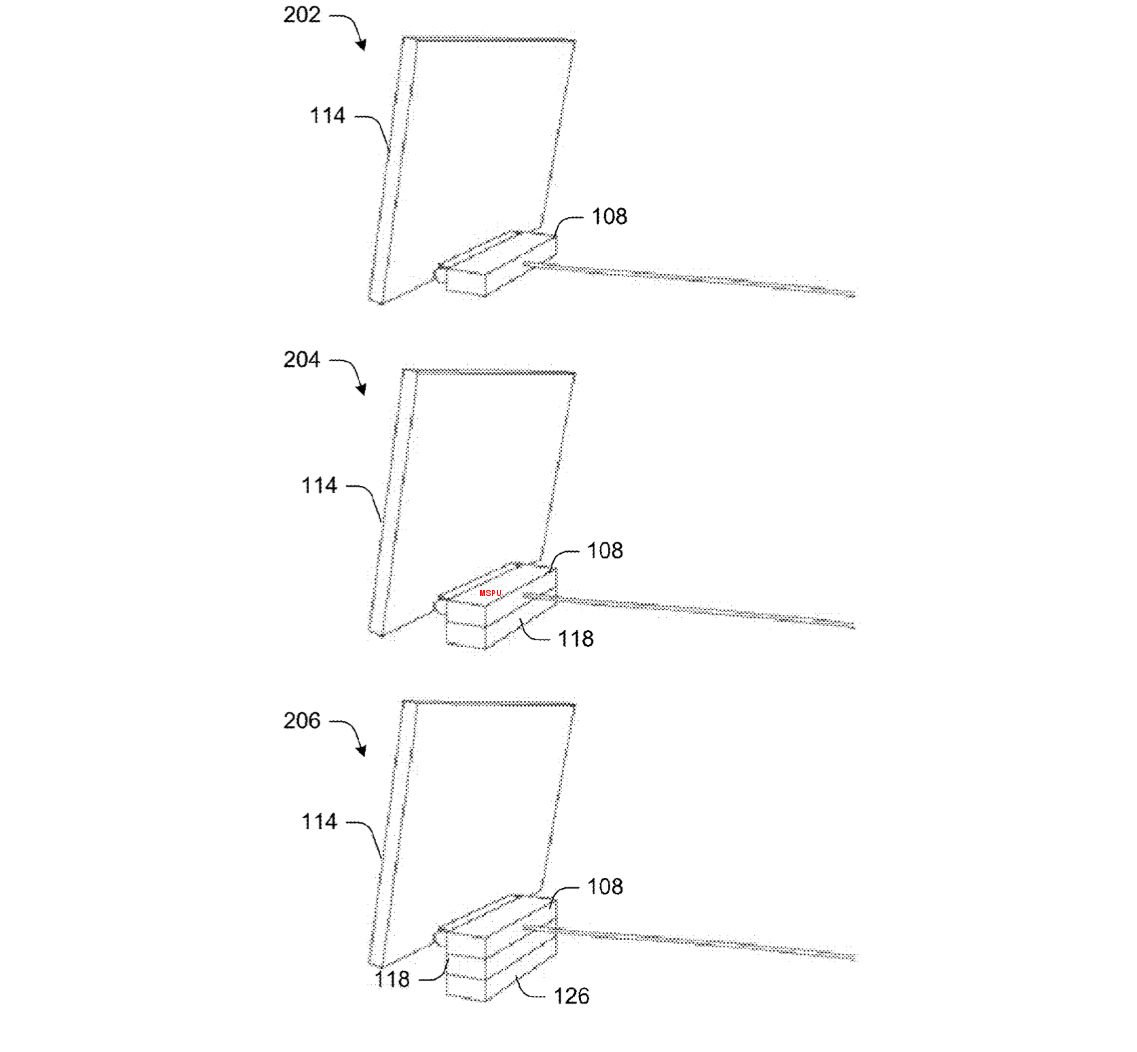
We have heard rumours that Microsoft is working on an All In One PC for Q3-Q4 2016, but we were not particularly inspired by just another desktop.
If a newly published patent application by Microsoft is any indication however their All In One may be a much more interesting device.
Microsoft appears to be striking out in the direction of modular design, saying:
The range and functionality of hardware resources that are made available for use with a computing device is ever increasing. For example, faster processors, memories that support larger storage amounts, wireless communication devices that support increased bandwidth, and so on are being continually developed. However, conventional techniques that made this increased functionality available to a user generally involved the replacement of a user’s current device with a new device having this functionality. Thus, these conventional techniques can be expensive and thus avoided by a user, thereby limiting a device maker’s opportunity to provide this increased functionality to users.
Modular computing device techniques are described. In one or more implementations, a computing device includes a display modular component including a housing, a display device physically and communicatively coupled to the housing via a hinge, and one or more display hardware elements disposed within the housing that are configured to output a display for display by the display device. The computing device also includes a computing modular component including a housing that is physically and communicatively coupled to the display modular component, a processing system disposed within the housing, and memory disposed within the housing. The processing system is configured to execute instructions stored by the processing system to generate a user interface for display by the display device of the display modular component.
The patent illustrates a very fleshed out device with numerous ideas taken from Microsoft’s existing technologies.
Microsoft’s vision is off a modular device which can be expanded (by memory, storage, sensors, wireless etc.) by simply adding another level, held together either via magnets or slots or a combination of the two.
The screen can be rotated, and has a weighted base which can include the usual requisite ports.
Microsoft imagines that the hinge may even be motorized, being able to change position by itself with a wave of the hand.
They also see the screen being detachable, much like the Surface Book, with the device recognizing when its being grasped by two hands using sensors on its bezel and detaching its clasps in response.
The screen can then be attached to various other locations, such as walls or even dolleys.
Microsoft also envisions that the AIO may house a keyboard in some of its layers, or more interestingly may project a keyboard when in the vertical position, and sense typing via a Kinect-like camera.
The patent is unusual for its fully rendered drawings and is chock-full of specifications such as:
…the display device 114 includes a “glass to the edge” configuration in which the display reaches to an edge between a front and side surfaces. The display device 114 has a thickness of less than nine millimeters (e.g., 8.5 millimeters), and includes microphones, a three-dimensional camera as part of the display, speakers and a rubber bumper along the bottom, removable storage (e.g., SD) and a USB connection along the side.
… which suggests Microsoft may be describing a real device or prototype.
With rumours suggesting we may see an AIO from Microsoft soon, this may be our best look at the device yet.
Would our readers stump up for such a versatile, innovative and expandable device? Let us know below.

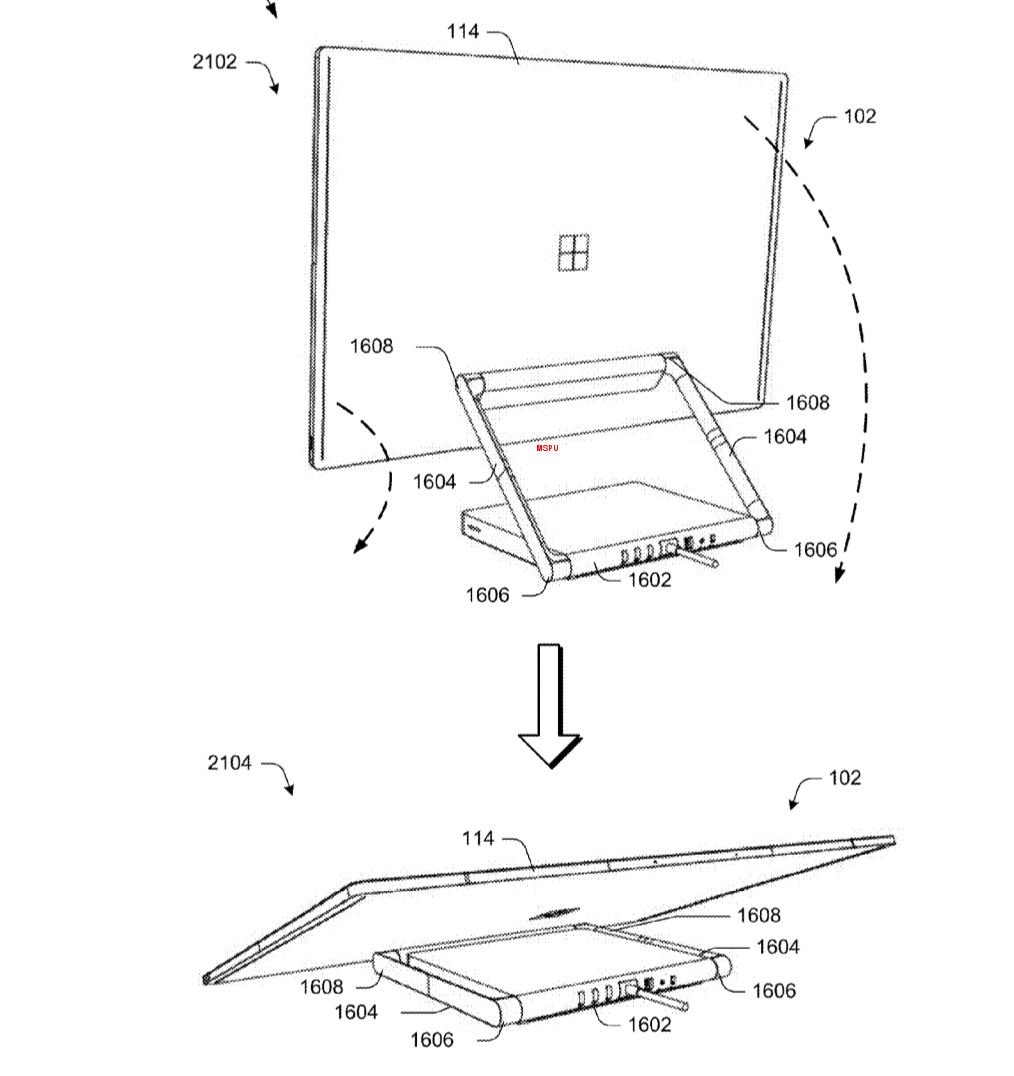
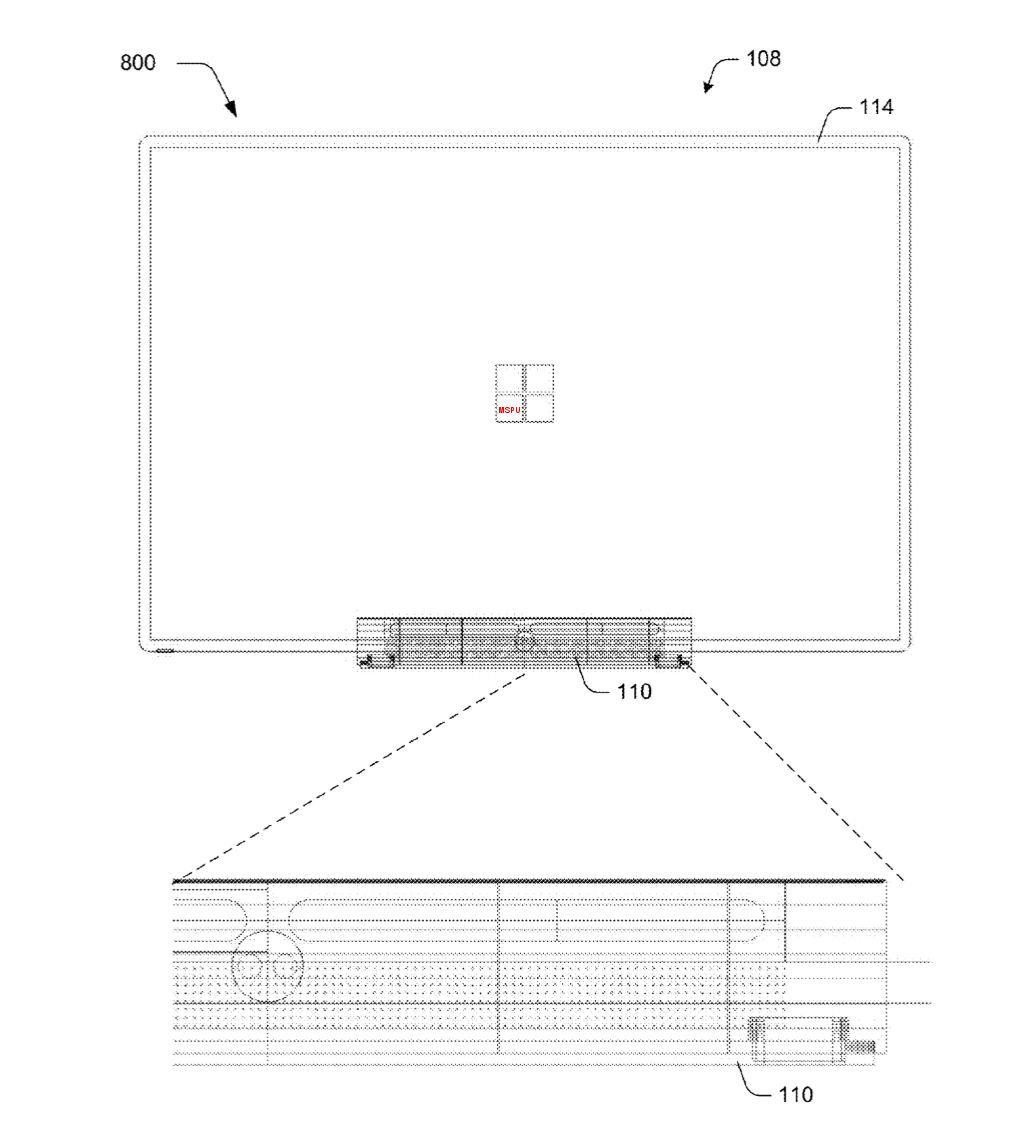
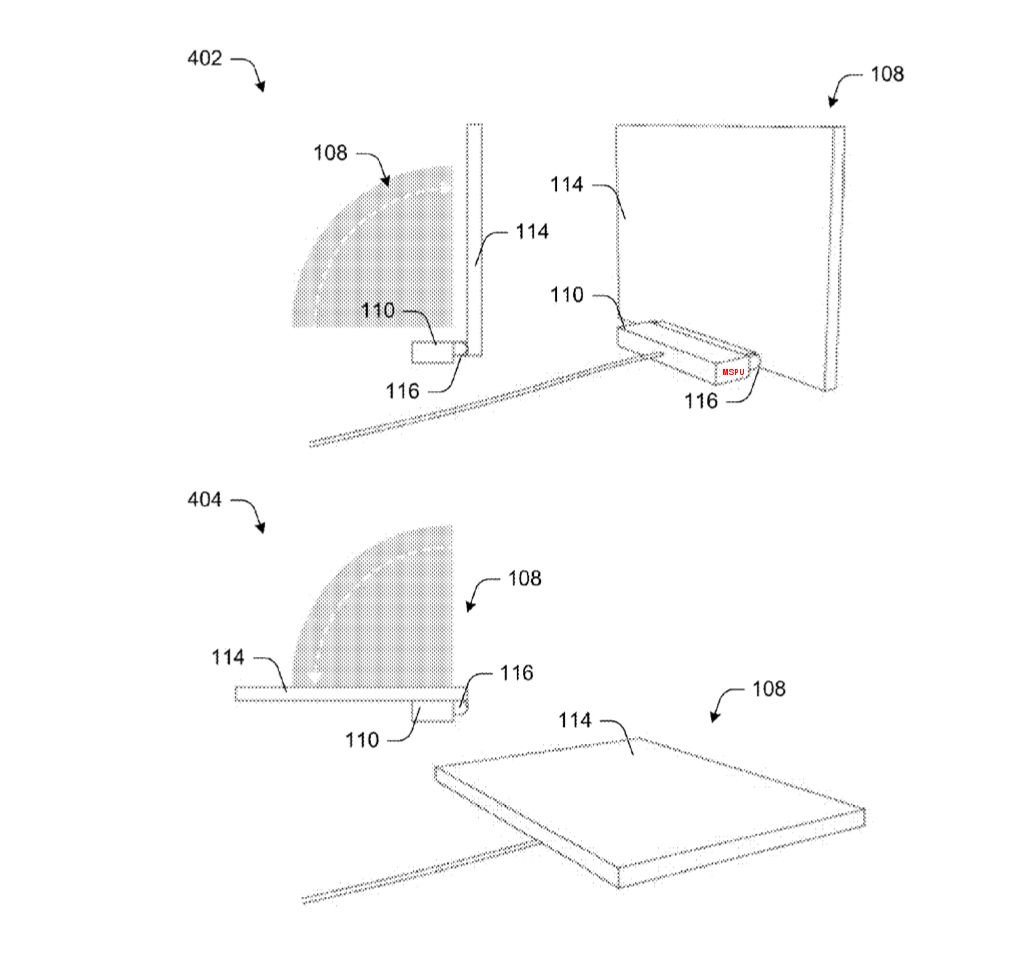
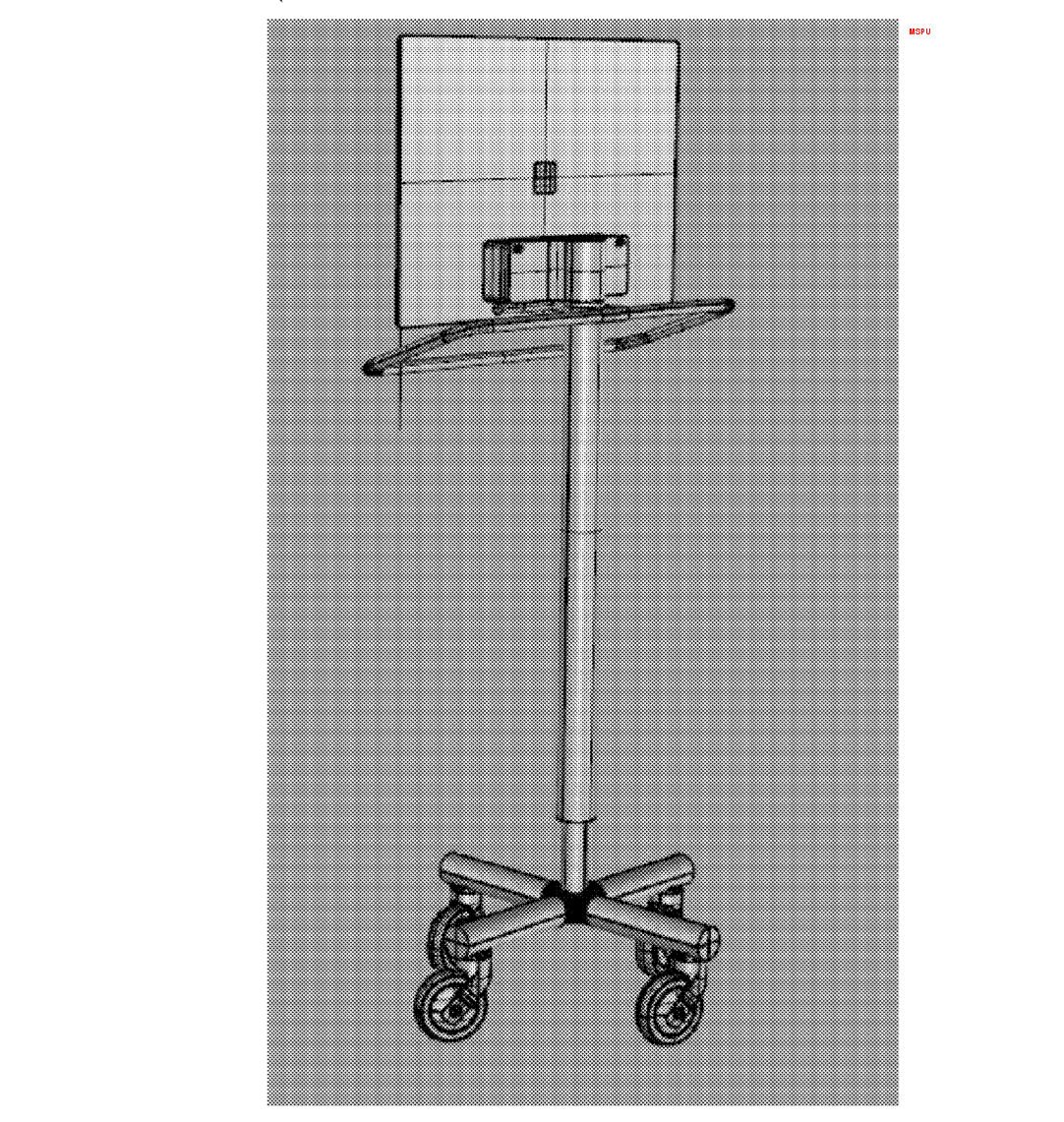
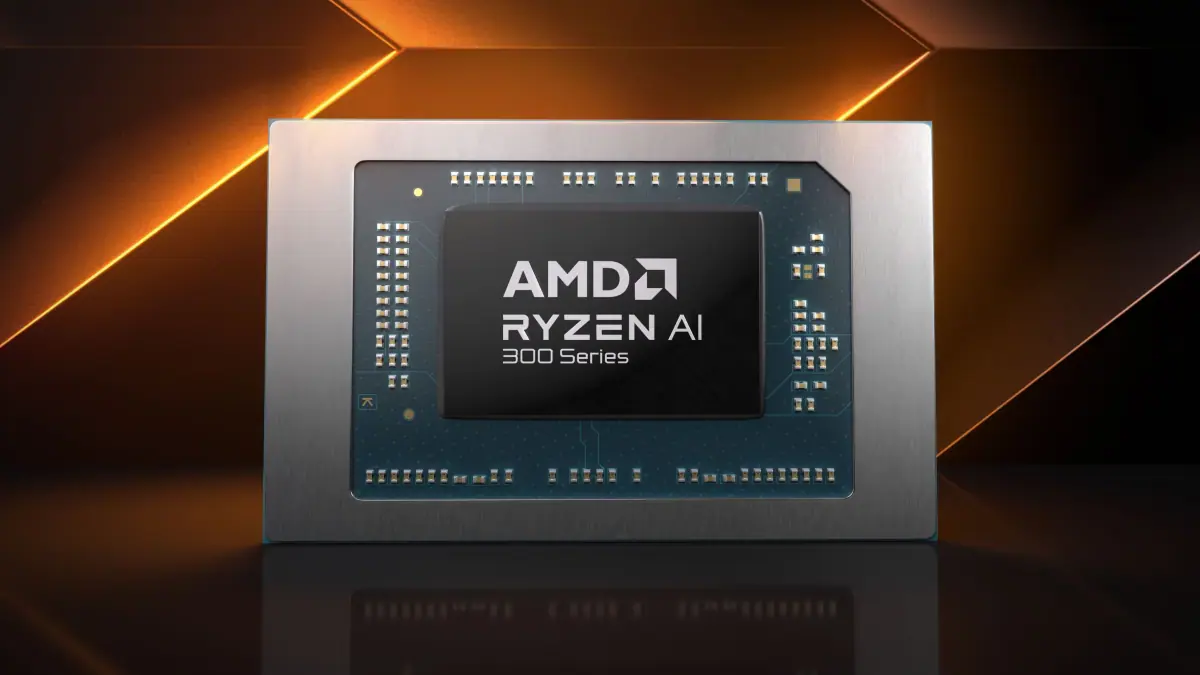






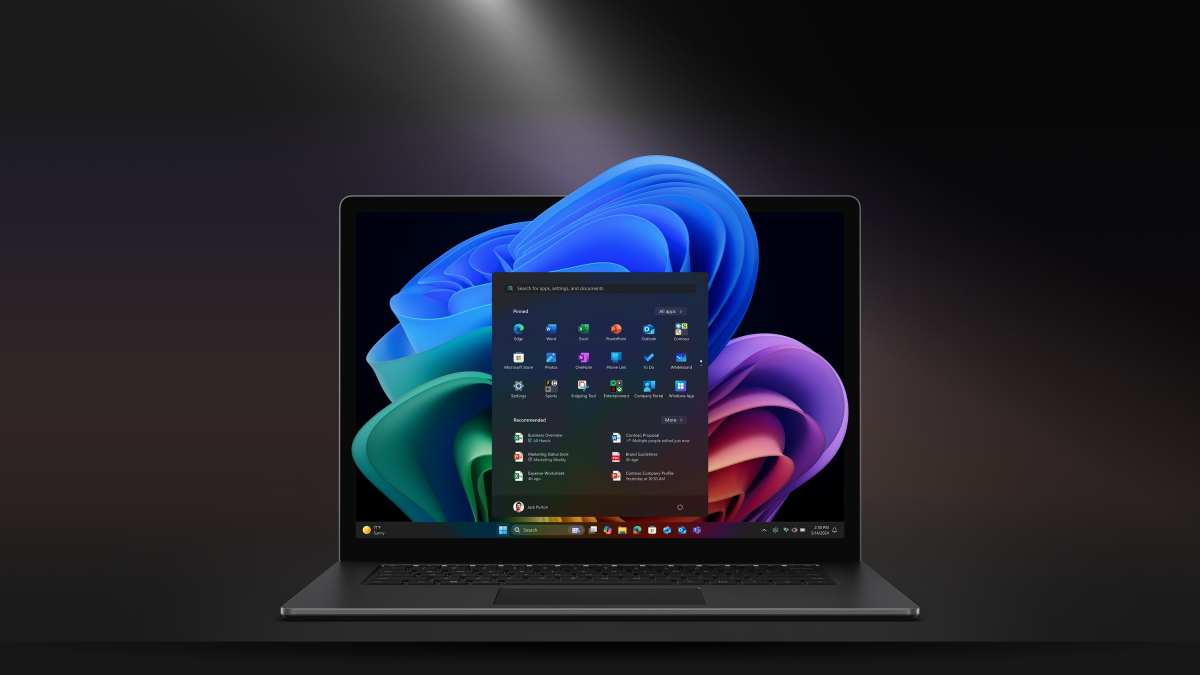
User forum
16 messages